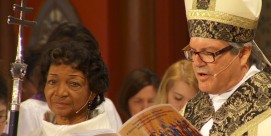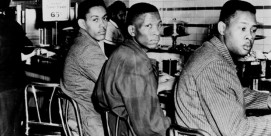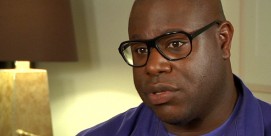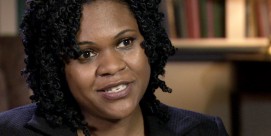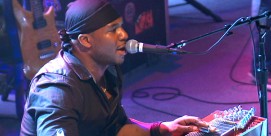Tag: African-American
“The Blind Boys is a group that’s not blind, they just can’t see and that means they might have lost their sight, but they never lost their direction.” More
“I’m particularly concerned when I see white people and African-American people not having conversations with one another about what’s happening in Ferguson,” says Russell Moore, president of the Ethics and Religious Liberty Commission of the Southern Baptist Convention. “I think that needs to change in our own congregational life, when we have congregations where reconciliation is modeled within the pews of the church.” More
The recent reconciliation service in New Orleans was “about acknowledging what has taken place in history, apologizing for that, and seeking ways to see our neighbor in a different light,” says Bishop Morris Thompson of the Episcopal Diocese of Louisiana. More
The civil rights movement was both “the work of the Lord and the work of freedom,” says author Taylor Branch. “It took redemption, and it took faith and tenacity, not just an empty, simple hope.” More
A movie based on the true story of Solomon Northup, a free man who was kidnapped in 1841 and sold into slavery, portrays the complex relationships between slaves, slaveowners, abolitionists, and religion. More
“It’s about remembering and never forgetting and understanding from the past and embracing your past in order to go forward into the future.” More
Watch excerpts from our interview with Yolanda Pierce, associate professor of African-American religion and literature at Princeton Theological Seminary, as she talks about the new movie “12 Years a Slave” and about Christianity and slavery in America. More
We caught up last month at the 9:30 Club in Washington with Robert Randolph and the Family Band and their “House of God sound.” More
“If four little girls dressed in white for Sunday school can be blown to pieces because of hatred, everyone has to stop and think, where are we going as a society?” More
“Sixteenth Street Church had unwillingly come into the civil rights movement and was quick to exit the movement—and yet in many ways it becomes the symbol of the movement in Birmingham—so much so that following the dynamite blast, many of its members leave.” More



